Our tools are not prescriptive formulas or processes, but instead effective ways to do more with less time, transforming activities and workshops to make them better. Our toolboxes are collections of related tools that go together well, but we are just as interested how people appropriate and modify our tools in ways we could never predict.
Key toolbox features
Leapfrog has produced over 50 tools, all of which are contained within the toolboxes listed below. We also have Practitioner Toolboxes: collections of tools designed by individuals who use Leapfrog tools and want to share tools within their organisations and beyond.
We would love to hear how you use these tools, please contact imagination@lancaster.ac.uk with any comments, questions, or information.
Leapfrog tools are free to anyone. We use Creative Commons licensing for everything we do.
*Please note, this page is under development so not all the tools are linked here yet. Please check back soon.

Flexible ways to capture and tell stories about food and food poverty
Food Places: Scribble-on sheets to kick start discussion about buying and cooking food.
Dinner Plates: A playful placemat for talking about food together.
Tried & Tested Recipe Book: Invite people to contribute simple recipes to make a book together.
Food Snapshots: Capture how people shop, cook and eat day to day.
Talking Food Card Deck: 45 questions to help start conversations about food and food poverty.
Local Food Cards: 45 photos to inspire people to share funny stories and tales about food.
Food Safari Menu: Help people explore local food with a menu of 12 mini research challenges (and a big map).
9 Boxes: A flexible way to reflect on 9 days, 9 meals, 9 ingredients… 9 of anything that matters.
Download a zip file of Leapfrog Tools for Food Stories Toolbox
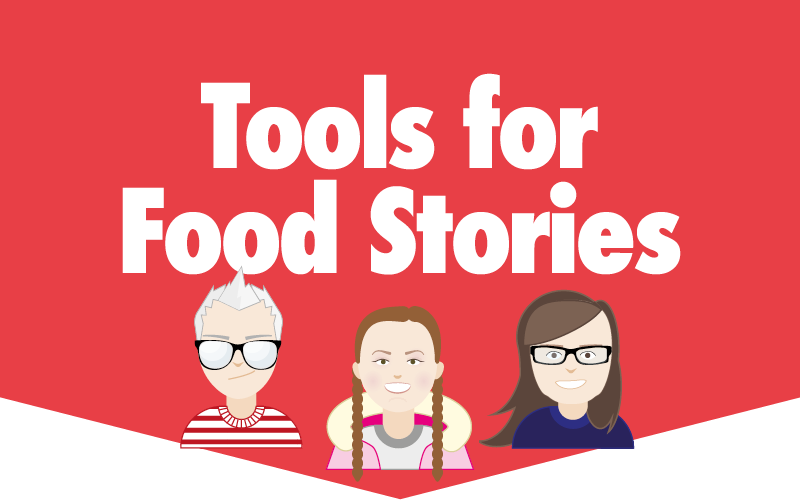
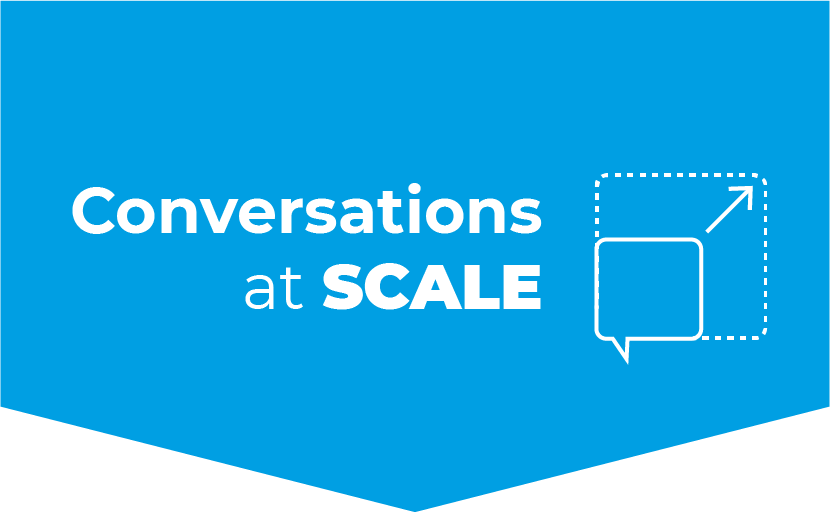
Tools co-designed to enable conversations with a large number, or diverse groups of people.
Bridge over troubled waters: This tool is good for creating a plan of activities to meet goals, milestones and deadlines.
Backpack: This tool is good for ensuring you have everything you need to make each and every stage of a journey.
Everyone’s voices matter: This tool is good for capturing and sorting ideas or thoughts from different people.
Expanding Ideas: This tool is good for encouraging conversations where everyone can express thoughts, opinions and ideas.
On a roll: This tool is good for thinking about an issue from different perspectives.
Sea of Trust: This tool is good for thinking about an issue from different perspectives.
Super Grid: This tool is good for thinking about an issue from different perspectives.
Surfing the Wave of Change: This tool is good for mapping the feelings of people during any period of change.
The Uber Plan: This tool is good for working in groups to plan the stages of a journey, agree where they want to get to and think about what could happen along the way.
Wheel of priorities: This tool is good for deciding what to focus on.
Building the team: This tool is good for thinking about who should be around the table in many different situations.
A collection of flexible tools that can help anyone to engage young people in creative, inspiring and effective ways.
Read about this award winning project and how the tools were developed (opens as pdf)
BADGE: ID badges with messages written on to help support workers think about why badges make young people feel uncomfortable.
Everybody: A collection of tools to help young people communicate what they want
Sound Advice: An opportunity for young people to give advice to a person younger than themselves or someone going through something they have already experienced.
Storyboard Contract: Young people can use the Storyboard Contract to help communicate ideas for better meetings.
Target Control: Target control is a way to get young people to think about how they can gain more control over the things that frustrate them and make changes in their life.
The Right Ideas: A collection of tools for finding the right words, questions & opinions with young people
Topic Tally: Young people take an active role in meetings about their lives with Topic Tally.
Word Play: Word Play uses origami to enable young people to make, share & exchange ideas with others.
Download a zip file of the Working with Young People Toolbox.
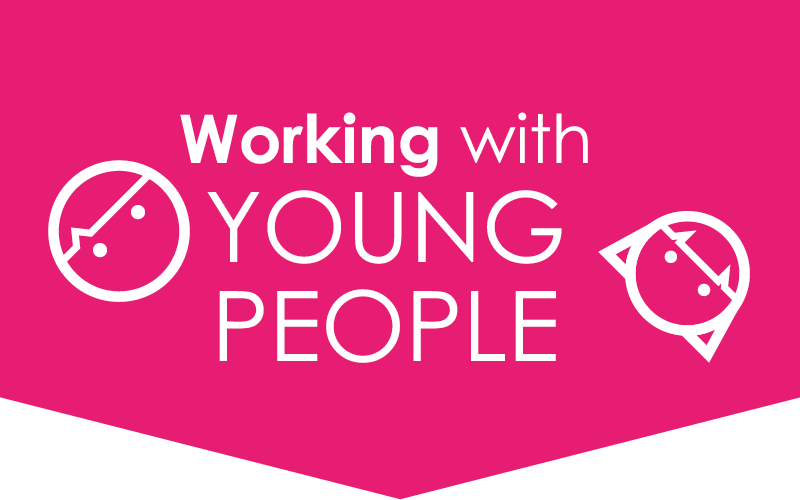
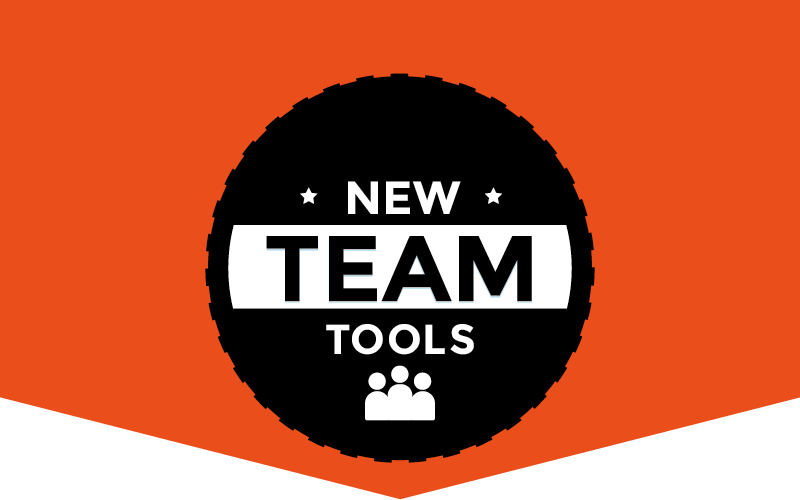
Flexible tools that can help new teams from different services work together effectively.
Flow Customer Tools: Tools to match customer’s needs with services
Comms Stretcher & Comms Focus: Be more adventurous with how you reach out to your communities
Building Success: Work together to figure out how to use your building and space
The Small Things: Don’t let the little issues get in the way of the big picture
Flip: Draw attention to the unexpected variety in what you offer
Any Idea Card: Encouraging and celebrating idea sharing in teams
Think Outside the Bookmark: Encouraging staff to leave their comfort zone and think creatively
Supporting care professionals to conduct person centred evaluation that goes beyond just tick boxes.
Reflective Tools – Reflect on and record the experience of a service
Blog Builder: The Blog Builder is an evaluation tool that gathers personal reflections from people, rather than responses to set questions
Me Map: The tool can be used by providers to work with users to set aims, building on what is working now and their personal ambitions for the future.
What Why: The What Why tool supports service providers to quickly and visually gather and represent feedback
Snap Shot Tools – Take a snap shot of a service
Evaluation Dashboard: Evaluation Dashboard is a quick and visual way to evaluate different aspects of a service
Evaluation Meter: Evaluation meter is quick and visual way to gauge just how someone rates the service they have used and start that conversation
Quick Stick: Quick Stick is a quick way for service providers to engage and ask questions about a service, and capture a user’s experience periodically
Progress Tools – Set out goals and keep track of progress
My Goals: My Goals is an evaluation tool that asks users of services to think about and record their own goals for the future
Rate and Review: The Rate and Review tool allows a service provider to engage with users, to think about their own goals, and to then rate how they, the service user, feels they are in achieving them
You Said, We Did: The You Said We Did tool is a simply way for a service provider to communicate changes to their services based on user feedback and suggestions
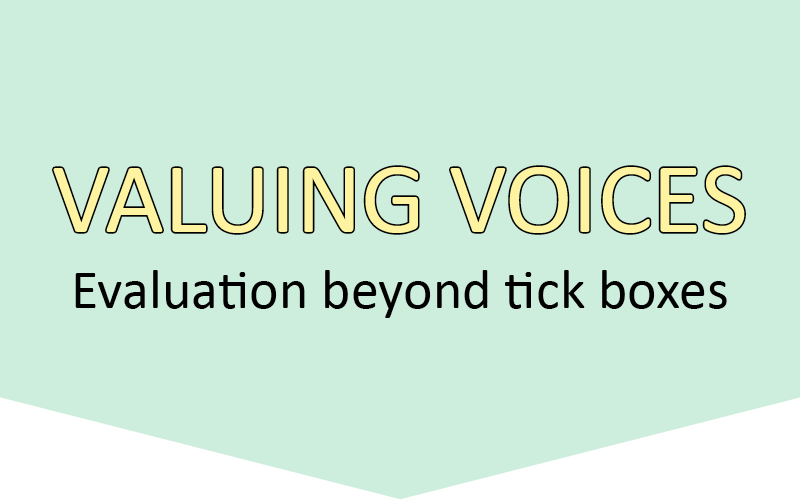
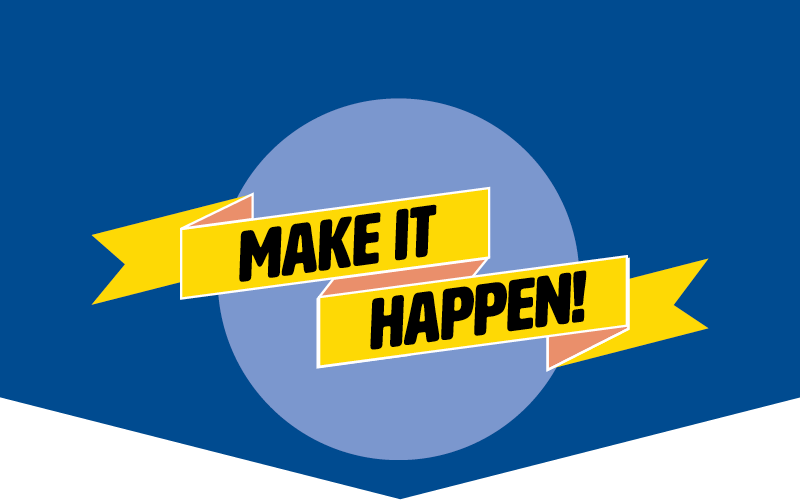
The toolbox helps to engage local communities from the start in the conceiving, planning and delivering of great community events.
Event Canvas: Celebrate successes and reflect on challenges.
Event Jigsaw: Reach out for people, skills, and ideas to make events happen
Plan B: Make sure jobs get done even when things change
Asset Map: Uncover resources and ideas within your community and engage people with your event from the start.
Role Bingo: Decide what needs doing, and who will do what
Target Support: Test out your ideas and see which stick
This toolbox is to help you to unwrap and translate the stories that you have encountered and to engage the rest of your organisation with them.
Prioritise Together: Work together to find out what matters the most
Engagement Map Key: A key to prompt teams consisting of members of staff to come together to discuss and draw out their process for translating engagement into evidence.
Feedback Cycle Request: Get feedback on your engagement outcomes from people working at different levels of your organisation
Snapshot+ story: Create a quick overview of engagement work to share with others in your organisation
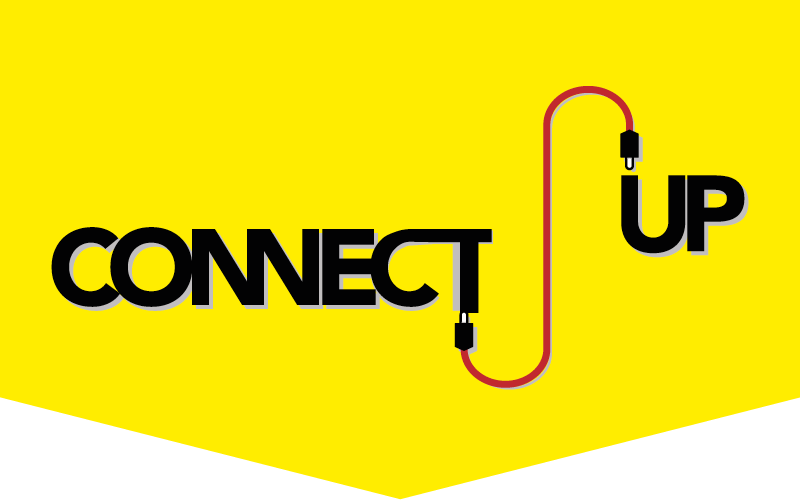
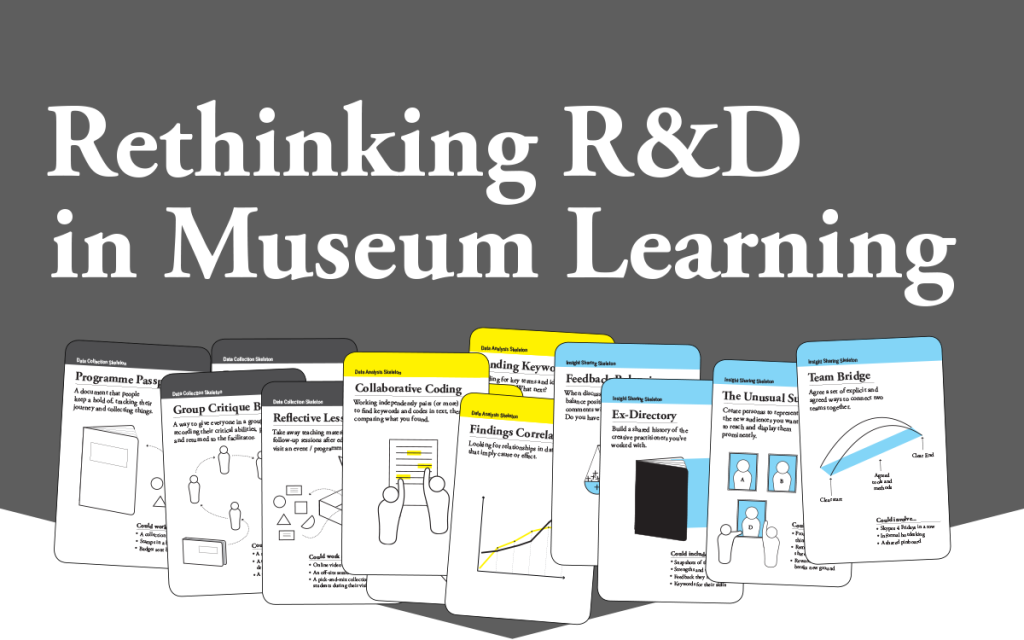
Tools to catalyse and sustain a new kind of research and development — R&D focused on the impact of museum learning on people, rather than audience numbers or demographics
Skeleton Tool Card Deck: Remixable ideas for collecting and analysing R&D data, then sharing insights.
Cycle Map: A map to help plan out a complete cycle of R&D